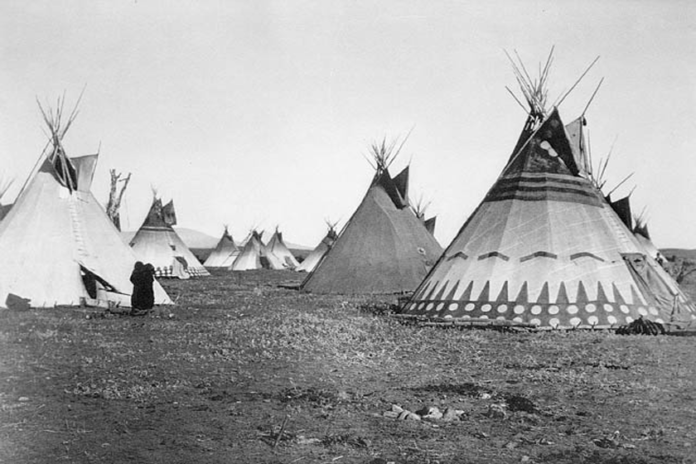Lavender oil is an incredible essential oil that contains a lot of health benefits. This oil is gentle as well as one of the most potent essential oils you can find. This makes lavender essential oil a must in every house due to its remarkable properties!
This oil has more than 150 active components making it very useful for many health problems. It has anti-fungal, antidepressant, antimicrobial, antibacterial, anti-inflammatory, detoxifier, analgesic, antispasmodic, hypotensive, and sedative features.
Researchers from Florida said that lavender oil is effective in lowering anxiety and heart rate in students attending exams. Also, aromatherapy with lavender has been shown to decrease the patient’s stress before they get into surgery.
In fact, some say it’s more effective than massage or even rest. This oil is also helpful in calming labor pain and improving insomnia.
There is some informal evidence that links lavender oil with helping headaches, hangovers, sinus congestion, and it serves as pain relief. And some small clinical trials have shown the effectiveness of the lavender oil in treating anxiety.
The effect of the aromatherapy is considered to be due to the psychological impacts of the scent in combination with physiological effects of volatile oils in the limbic system.
The reason for the widespread use of this oil presumably is the sedative effect that the oil offers. Based on the Hamilton scale, lavender oil lowers anxiety and increases the mood.
Lavender has so many uses that you can even make Lemonade using it. No kidding. (recipe below)
Twelve cups of filtered water
A drop of lavender oil
Six peeled and squeezed lemons
For decoration – lavender sprigs
Simply make a mixture of all of the ingredients then allow the drink time to cool. You can add more water if you want.
Other uses
Here are more ways you can use lavender oil to decrease your anxiety, ease a headache, or treat dry skin.
Make yourself a bath and add five or six drops of the oil to treat your dry skin.
Ten or twelve drops diffused in the air will relax you during a busy and stressful day.
To improve your skin and sleep, keep away insects, and relax, you can add two drops of this oil to every ounce of unprocessed organic oil such as olive oil or almond oil.
sourced – Organic Facts, Dr. Axe, Healthline







